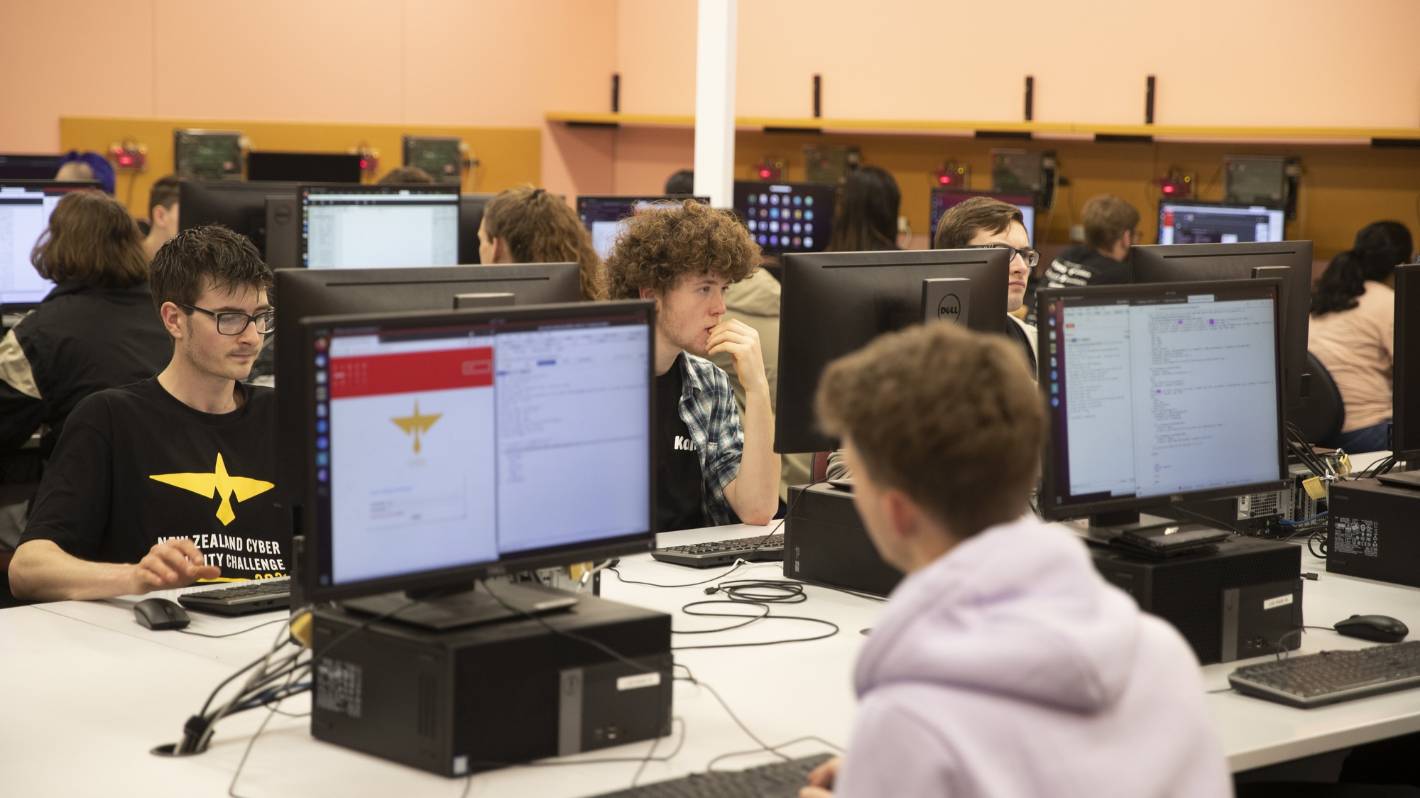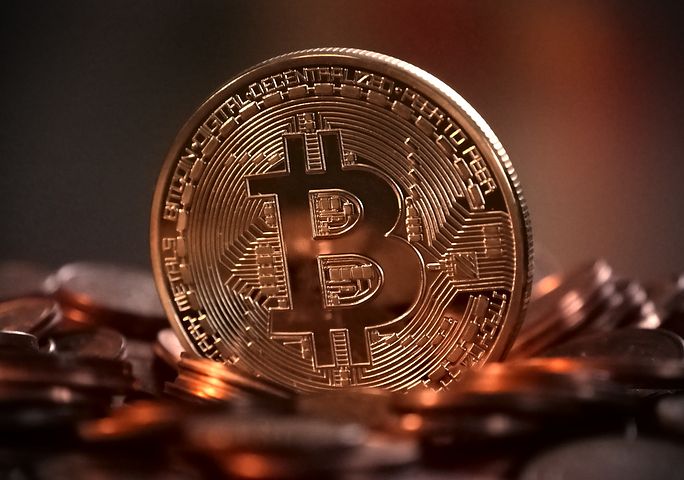Global Finance
Our global finance researchers are publishing pioneering research on financial markets and investment analysis including the growth of digital and crypto currencies, the emergence of retail share trading platforms and mechanisms to mitigate new and long-standing risks.
Recent news and publications
This ADBI Featured Speaker webinar spotlights University of Waikato development economist and Asian Development Review Editor-in-Chief John Gibson, who discusses growing evidence on the importance of secondary towns for poverty reduction.
To listen to the ADBI Featured Speaker Webinar: University of Waikato’s John Gibson on Secondary Towns and Poverty.
Professor Anna Strutt, alongside co-authors Terrie Walmsley and Peter Minor, recently published a report titled 'Impacts of the New Zealand-European Union Free Trade Agreement on the New Zealand Economy: A Dynamic Computable General Equilibrium Analysis'.
Financial Trading Lab
The Waikato Management School Financial Trading Lab will provide an experiential learning environment that brings students and the industry together to develop financial understanding and competencies to enable participation in the financial sector.
This new and existing space will enhance industry-driven learning at undergraduate level, as well as enable Master and PhD students to engage in applied research opportunities that meet sector demands.
This lab will also provide the opportunity to develop micro-credentials that are attractive to alumni and others already in employment.
Cryptocurrency
 Professor Shaen Corbet is a globally recognised expert on cryptocurrency.
Professor Shaen Corbet is a globally recognised expert on cryptocurrency.
Below is a shortened version of a feature article discussing some of his research and findings, completed alongside other University of Waikato researchers Professor Les Oxley, Dr Yang Hu and Dr Greg Hou.
Dropping some coin
Cryptocurrency: boom and bust
Cryptocurrency conjures images both positive and negative. There are stories of instant millionaires, driving fast cars and living dream lifestyles. Then there are those who have invested and lost heavily.
But what is cryptocurrency? Is it good, bad or neither? Is it the way of the future, or on the way out? How did it start and where is it going? And are NFTs (non-fungible tokens) worth the hype?
Positives and negatives
Professor Corbet says there are both positives and negatives with cryptocurrency, and warns new investors, hoping to strike it rich, the NFT bubble is set to burst. "Most of these products are little more than an asset bubble ripe with crime-both simplistic and complex — with little more purpose to exist other than facilitating largely illegal behaviours," he says.
 What is it?
What is it?
Cryptocurrency is a digital asset which can be traded and stored on the blockchain — a decentralised ledger. Bitcoin is the largest and most well known form of cryptocurrency, invented in 2009.
Cryptocurrency operates outside of the control of governments and central banks — a "power-to-the-people" approach which has appealed to a new generation of investors and traders.
The fall of crypto
The value of cryptocurrencies has collapsed since the beginning of 2022, with the market worth more than $3 trillion now worth less than $1 trillion, according to The Guardian. "This has been one of the sharpest and most sustained depreciation that we have seen so far," says Professor Corbet. "This has now drawn a number of major publications to start focusing on whether this could be the end of cryptocurrency."
NFTs — are they worth the hype?
Another controversial and much-hyped topic is non-fungible tokens (NFTs), which have ballooned in popularity in recent years, driven by influencers and celebrity endorsement. NFTs originated in 2014 and are unique digital assets that can be traded on the blockchain in cryptocurrency. They include digital art, virtual collectibles, event tickets or memberships.
Professor Corbet likens the growth and fall of NFTs as "quite similar to aspects of the dot com collapse" and is critical of "pump-and-dump behaviour and rug-pulls, where the seller disappears" — with vulnerable people at risk of losing large sums of money.
Examples of publications
Corbet, S., Hou, Y., Hu, Y., Larkin, C., Lucey, B., & Oxley, L. (2022). Cryptocurrency liquidity and volatility interrelationships during the COVID-19 pandemic. Finance Research Letters, 45, 102137. doi:10.1016/j.frl.2021.102137
Corbet, S., & Larkin, C. (2022). The effects of German economic and political progress on the Sparkassen savings bank system. Research in International Business and Finance, 61, 101630. doi:10.1016/j.ribaf.2022.101630
Hewa Wellalage, N., Kumar, V., Hunjra, A., & Al-Faryan, M. (2022). Environmental performance and firm financing during COVID-19 outbreaks: Evidence from SMEs. Finance Research Letters, 47(A). doi:10.1016/j.frl.2021.102568
Hou, Y., Li, Y., Hu, Y., & Oxley, L. (2022). Time-varying spillovers of higher moments between Bitcoin and crude oil markets and the impact of the US–China trade war: a regime-switching perspective. The European Journal of Finance, online, 31 pages. doi:10.1080/1351847x.2022.2067002